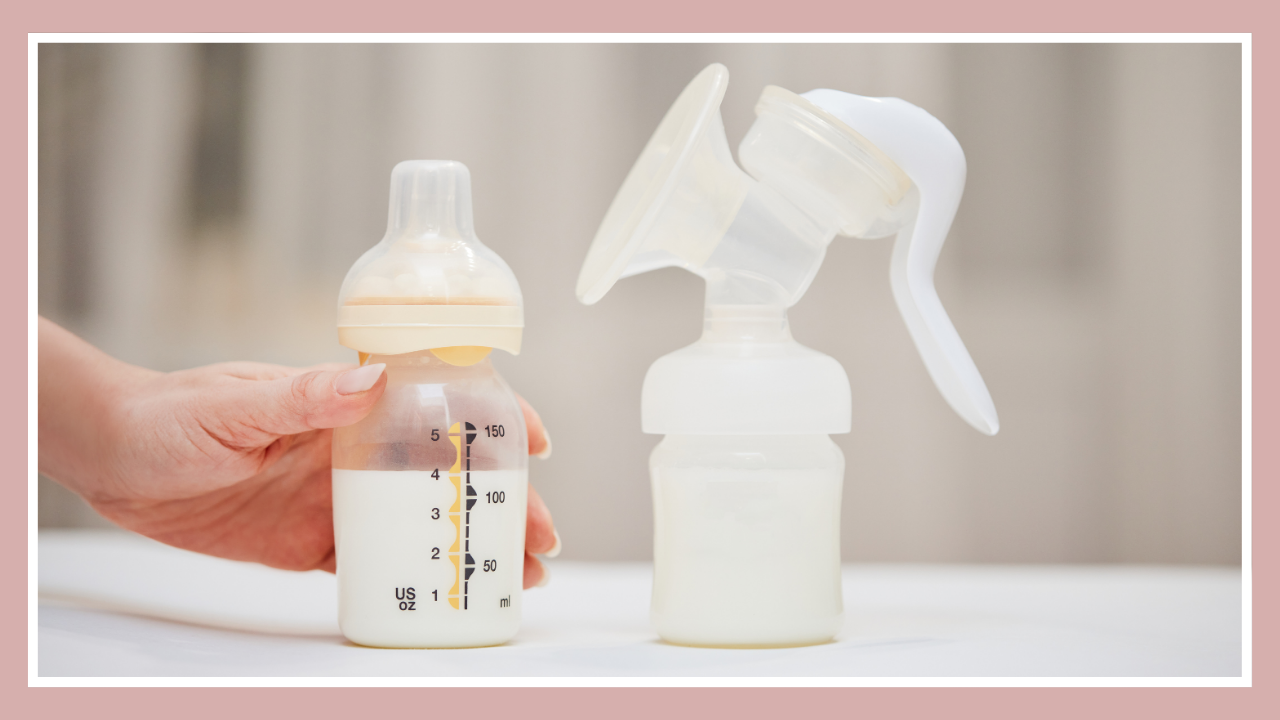
Newborn Breastfeeding FAQs: 20 Common Questions Answered
May 15, 2024Having a newborn baby is one of the most wonderful and overwhelming experiences in life. As a new parent, you're bombarded with a million questions, especially when it comes to breastfeeding. Don't worry, I've got your back! This blog post covers the most frequently asked questions about breastfeeding a newborn, so you can feel confident and prepared for this incredible journey.
-
How do I know if my baby is getting enough milk?
The best way to tell if your baby is getting enough breastmilk is by monitoring their weight gain, wet diapers, and overall contentment after feeding. A newborn should have at least 6-8 wet diapers and several bowel movements per day. After they reach a few weeks old, they should be back up to their birth weight. -
What if my baby doesn't latch properly?
If your baby isn't latching correctly, seek help from a lactation consultant or your healthcare provider. Improper latch can lead to sore nipples and inadequate milk transfer. Pain is a sign of a poor latch. -
How often should I breastfeed my newborn?
Newborns typically need to breastfeed every 2-3 hours, around 8-12 times per day. Follow your baby's hunger cues and feed on demand. -
Is it normal for breastfeeding to hurt initially?
Some discomfort or soreness during the first few weeks of breastfeeding is normal as you and your baby get the hang of it. However, intense or ongoing pain could indicate an improper latch or other issue that needs addressing. -
What should I do if my nipples are cracked or bleeding?
If your nipples are cracked or bleeding, see a lactation consultant right away, as this could be a sign of an improper latch. Use lanolin cream or hydrogel pads to soothe and heal the area. -
How can I increase my milk supply?
Identifying the root cause for low milk supply is the first step. Low milk supply can be caused from using the wrong flange size, skipping feeds, not changing pump parts, having a poor latch, following a low calorie diet, etc. Tips for increasing milk supply include addressing your unique root cause issue. You can get the correct strategies and support inside of Breastfeeding Blueprint, which you can get free as a bonus when you join us inside The Postpartum Shift.
-
Can I breastfeed if I'm sick or taking medication?
In most cases, it is safe to breastfeed when sick or taking medication. Check with your doctor to ensure all of your medications are compatible with breastfeeding. -
Is it okay to breastfeed in public?
Absolutely! Breastfeeding in public is legal in the U.S. and many other countries. If it makes you more comfortable, you can use a nursing cover or find a discreet spot. -
How do I store breastmilk properly?
Breastmilk can be stored at room temperature for up to 4 hours, refrigerated for up to 4 days, and frozen for 6-12 months. Proper storage and handling is crucial. -
When should I introduce a bottle or pacifier?
I recommend waiting 4-6 weeks to introduce a bottle or pacifier to avoid nipple confusion. Practice using a bottle regularly after this point to prevent bottle refusal (especially if returning to work). -
What are the signs that my baby is ready to wean?
Signs of readiness to wean can include biting, pushing away and losing interest. Let your baby take the lead. -
Can I breastfeed after returning to work?
Yes! With the right planning and accommodations from your employer, you can continue breastfeeding after returning to work by pumping breast milk. You have a legal right to pump milk at your work during breaks. -
How do I handle breastfeeding and visitors?
It's okay to set boundaries about breastfeeding in front of visitors or asking them to give you privacy. Do whatever makes you comfortable. -
Is it normal for my baby to cluster feed?
Yes, cluster feeding (frequent, on-demand feedings over a few hours) is very normal for growth spurts and increasing milk supply. -
What should I do if my baby seems fussy or gassy during breastfeeding?
Try different feeding positions, ensure proper latch & burp frequently. Bottle feeding breastmilk at a fast pace can also cause gas, so try a paced feeding. -
Can I breastfeed and follow a special diet?
Meeting your nutrient needs while breastfeeding is crucial. Most special diets like vegetarian, vegan, kosher, etc. are compatible with breastfeeding. Focus on a healthy, balanced intake. Inside The Postpartum Shift, we have a wide variety of dairy-free, gluten-free, vegan, and vegetarian options inside the portal. We also provide sample meal plans that are simple and 20 minutes or less to prepare.
-
What are the benefits of breastfeeding for both baby and mom?
Breastmilk provides optimal nutrition and immune protection for babies. For moms, it reduces the risks of breast, ovarian and endometrial cancer, diabetes, and hypertension. Babies who receive breastmilk have decreased rates of SIDS, infant mortality, diarrhea & reflux. Maintaining a balanced, nutritious diet while breastfeeding is crucial for you and your baby's health. -
How do I handle breastfeeding in different positions?
Common positions like cradle, cross-cradle, side-lying, and laid-back can help provide comfort. Experiment to find your favs. -
Is it possible to breastfeed twins or triplets?
Yes, with patience and support, it's possible to breastfeed twins, triplets, or higher-order multiples, either exclusively or supplemented. -
What resources are available for breastfeeding support?
Lactation counselors, breastfeeding support groups, online forums, and peer counselors are great for advice and troubleshooting.
Breastfeeding is a beautiful and challenging journey, but you don't have to go through it alone. With the right support and information, you can navigate these common breastfeeding questions and concerns with confidence. Remember, every breastfeeding experience is unique, so be patient, trust your instincts, and don't hesitate to reach out for help when needed.





